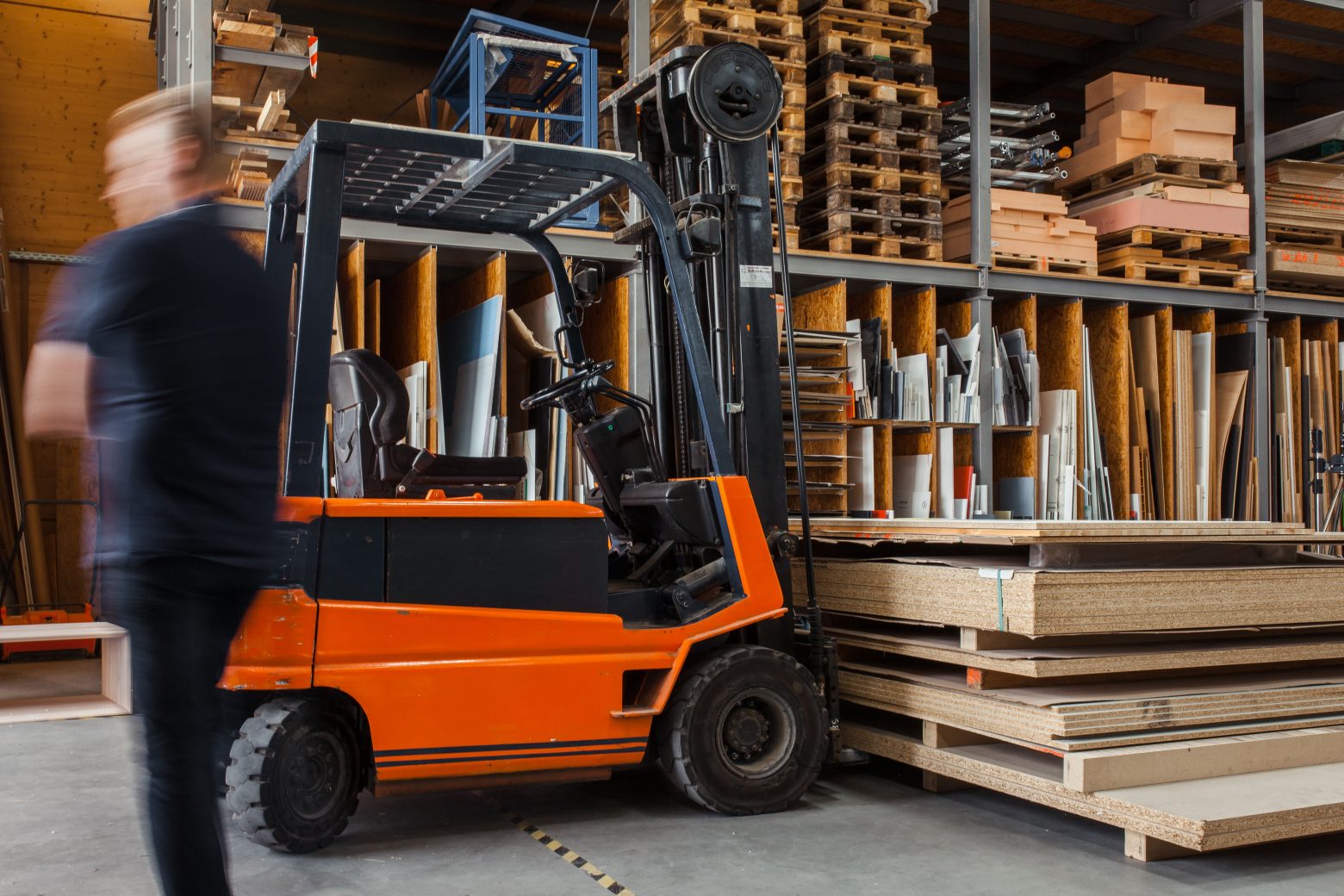Assembling an ERP WMS MES Puzzle to Improve Your Production Efficiency by 40%

Manufacturing organizations across the world have complex and globalized operations which can be managed efficiently by investing in IT and increasing the efficiency of the production process.
Traditionally, manufacturers operated within the bounds of their factories and offices. However, now, they are breaking these boundaries to interact with multiple levels of supply chain partners and developing engagement models that work for everyone. That means a joint implementation team, transparent communication channels, safety, and security, investing in operational intelligence, striving to meet stringent compliance norms, and exploring logistics networks to enable the promise of accelerated delivery for select products and customers. That’s a lot to try to accomplish in one cohesive system!
We know that manufacturing efficiency is lost when issues arise in the process such as when people are searching for products along the line or replacing broken products. It takes a lot of time for the production itself and actually using the right integration between the production and warehouse allows you to improve your overall workflow efficiency.
MES & WMS Comprehensive Solution
ERP systems manage an organization’s day-to-day business activities, such as accounting, finance, procurement, project management, supply chain, and manufacturing.
WMS and MES are not used always efficiently. For example, in the warehouse, there is any number of factors that can change the time taken to perform a task. The use of enterprise resource planning (ERP) systems can easily calculate the length of time an operation can take to perform, but a standard measurement must be calculated using a sampling method or time study. Only after the standard measurements are agreed upon can the benefits of any measurement can be enjoyed.
The major benefit of warehouse management is that standards can help when any changes are to be made to warehouse layout changes, loading, or shipping dock changes, and staff allocation. The standard labor measurement combined with the number of operations performed in the warehouse on any shift or series of shifts can result in an accurate picture of the performance of the warehouse.
In addition, WMS knows which materials are needed to produce from a given supply. For instance, If your production needs 10 pallets in row material and machines to place them, then the MES is connected to the machine to replenish the next pallet automatically. If you finish the product order, the machine can automatically order new stock. A comprehensive WMS allows you to build a similar process through the ordering into the final delivery, through the production warehouse, row materials, and supplier. This similar process can increase the end of the-day efficiency by up to 40%.
How Does MES Fit in the Puzzle?
MES manages and controls your production – handling transport materials in the warehouse and ensuring all systems work together. WMS gives you more knowledge about your production needs and workflow planning (by which time and place goods must be completed). Then we can calculate backward because we know all of the resources. An MES is responsible for the production planning and provides data for the machines to optimize their work.
Another challenge of manufacturing is not having adequate stock of parts. There are a lot of production steps and often manufacturing companies have problems because they lack stock visibility in the middle of the process. The WMS can also manage this stock visibility allowing for more efficient production and less waste.
Increased production efficiency through stock management – having the right materials at the right time and the right place with the right quality allows production machines to keep running. And if you are a manufacturing company that uses manual steps to gather parts, you know that people spend a lot of time searching for goods and not producing them. Automated systems use robots to transport goods through the production process and minimize the interaction of people to limit errors and increase time spent producing. It significantly increases your production efficiency giving you full control of your business.
If you have any questions about automating your manufacturing processes or are looking for a trusted software partner who knows how to successfully carry out a release upgrade, how to implement a WMS system remotely, or better understand what part software plays in the success of a manufacturing company, please talk to our team today.
